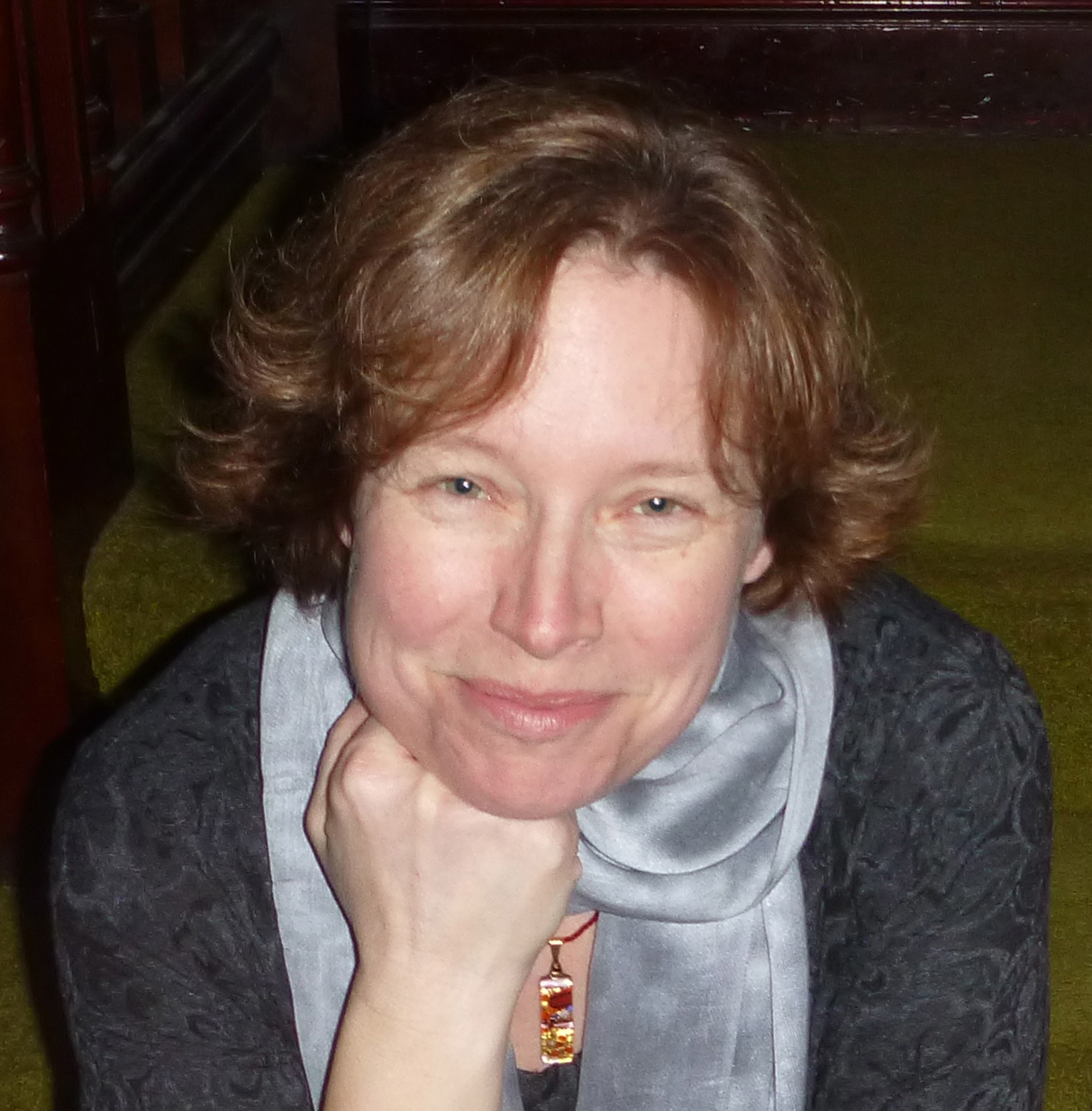
Susan Brown, Professor in the School of English and Theatre Studies and Canada Research Chair in Collaborative Digital Scholarship at the University of Guelph, has been awarded ADHO’s Roberto Busa Prize.
The Roberto Busa Prize is named in honour of Roberto Busa and is given to recognize outstanding lifetime/career achievement in the application of information and communications technologies to humanities research.
Professor Brown’s major areas of research are in Victorian writing and women’s writing, feminist theory, and critical infrastructure studies. Beginning in the 1990s as a new scholar who embraced the technical side of the Orlando Project, a literary historical textbase of women writers created with Patricia Clements, Isobel Grundy, Susan Hockey, and collaborators including by now 130+ students, Brown has consistently demonstrated innovative approaches to scholarly production and publication, focusing in particular on intersectional feminist digital perspectives and on the use of semantic technologies for cultural scholarship.
Brown’s vision and leadership led to the establishment of the Canadian Writing Research Collaboratory / Le Collaboratoire scientifique des écrits du Canada (CWRC/CSÉC) alongside Jeffery Antoniuk, Mihaela Ilovan, Carole Gerson, and Deanna Reder among many. Designed to meet the challenges and embrace the opportunities of the digital turn, this multi-institutional virtual research environment launched in 2016 provides online knowledge production and publishing space for scholars of cultural research in and about Canada. This generative initiative has led to the recent establishment with Diane Jakacki and James Cummings of the Linked Editing Academic Framework (LEAF), which updates and further modularizes CWRC to make digital scholarship more accessible to researchers and communities who might not otherwise participate.
Since 2020, Brown has worked with Kim Martin, Deb Stacey and a large team to create the Linked Infrastructure for Networked Cultural Scholarship / L’Infrastructure Numérique pour les données Culturelles dans le web Sémantique (LINCS) project, which provides tools and workflows to make cultural data from multiple disciplines more discoverable, searchable, and shareable as linked data. The extensive Orlando, CWRC, and LINCS networks of scholar-practitioners, librarians, students, and technical and memory institution professionals are rooted in the Canadian digital humanities community with strong connections to international initiatives. Brown’s work has been supported by major funding bodies including the Social Sciences and Humanities Research Council / Le Conseil de recherches en sciences humaines du Canada, the Canada Foundation for Innovation / Foundation canadienne pour l’innovation, the Mellon Foundation, and institutional and industrial supporters across Canada and the United States.
Professor Brown’s publications are numerous, many of them collaboratively authored. They include the ongoing co-edited 8-million-word Orlando: Women’s Writing in the British Isles from the Beginnings to the Present, from Cambridge University Press (2006-), and a pending monograph in women’s literary history of the long nineteenth-century grounded in that data and co-authored with with Karen Bourrier and Anthony Mandal; several edited collections and special issues; twenty-five book chapters or essays in collective volumes, notably “Delivery Service: Gender and the Political Unconscious of Digital Humanities” in Bodies of Information: Intersectional Feminist Digital Humanities, ed. Elizabeth Losh and Jacqueline Wernimont (2018), and the forthcoming “Feminist Infrastructure Building” with Laura Mandell, in Feminism and Digital Humanities, ed. Lisa Rhody and Susan Schreibman and “Replatforming” in Critical Infrastructure Studies, ed. Alan Liu, Urszula Pawlicka-Deger, and James Smithies. She has published over fifty articles in refereed journals, including “Same Difference: Identity and Diversity in Linked Open Cultural Data” in the International Journal of Humanities and Arts Computing (2022), “Categorically Provisional” in PMLA (2020), and “Tensions and Tenets of Socialized Scholarship” in Digital Scholarship in the Humanities (2016). With colleagues she has produced datasets, including open data drawn from Orlando and vocabularies for data linking (2019; ongoing), software, such CWRC, LINCS, the CWRC-Writer online semantic editor (now LEAF-Writer), and the Voyant Dynamic Table of Contexts online reading interface produced with a collaborative team including Stéfan Sinclair.
A hallmark of Professor Brown’s lifetime of research excellence has been her commitment to community-building whether locally in the establishment of The Humanities Interdisciplinary Collaboration (THINC) Lab at Guelph or in international digital humanities contexts, providing significant opportunities for her colleagues to thrive, and mentoring students and emerging scholars to find their own places in the field. She has also contributed to policy related to digital scholarship, research software, and the challenge of sustainability. While the Busa award is bestowed for excellence in research, it should also be recognized that Brown’s commitment to the digital humanities has involved two decades of leadership in positions within the Canadian Society for Digital Humanities / Société canadienne des humanités numériques (CSDH / SCHN) and the Alliance of Digital Humanities Organizations, most recently as President of ADHO’s Constituent Organisations Board. It cannot be overstated what a positive impact that involvement has had on so many aspects of our community.
The Busa Prize winner is invited to give an address at the annual ADHO Digital Humanities conference. Professor Brown will present her talk in August at DH2024 in Arlington, Virginia (date and title to be announced).
The members of ADHO’s Constituent Organisations Board and Executive Board join together to congratulate Professor Brown on this well-deserved distinction.
